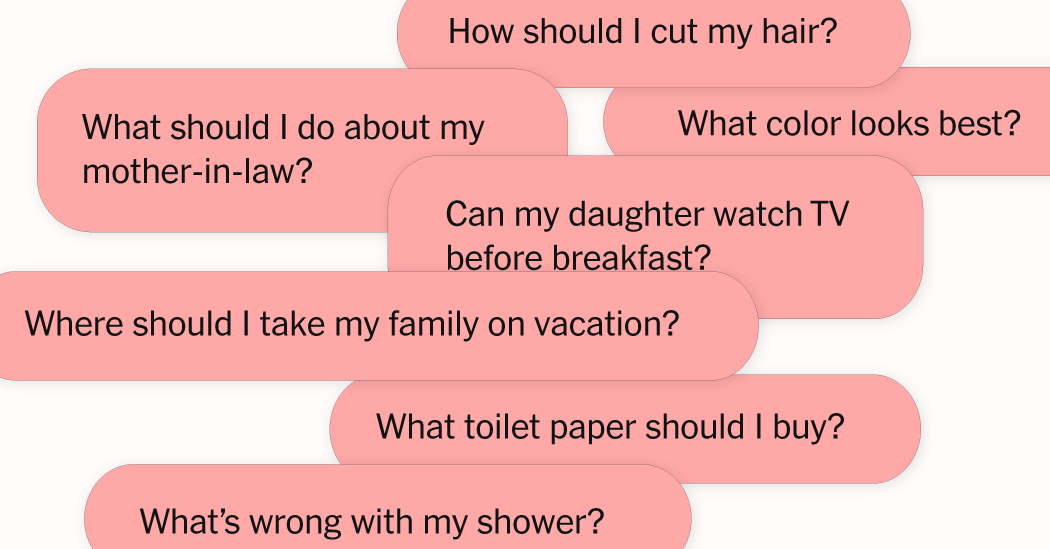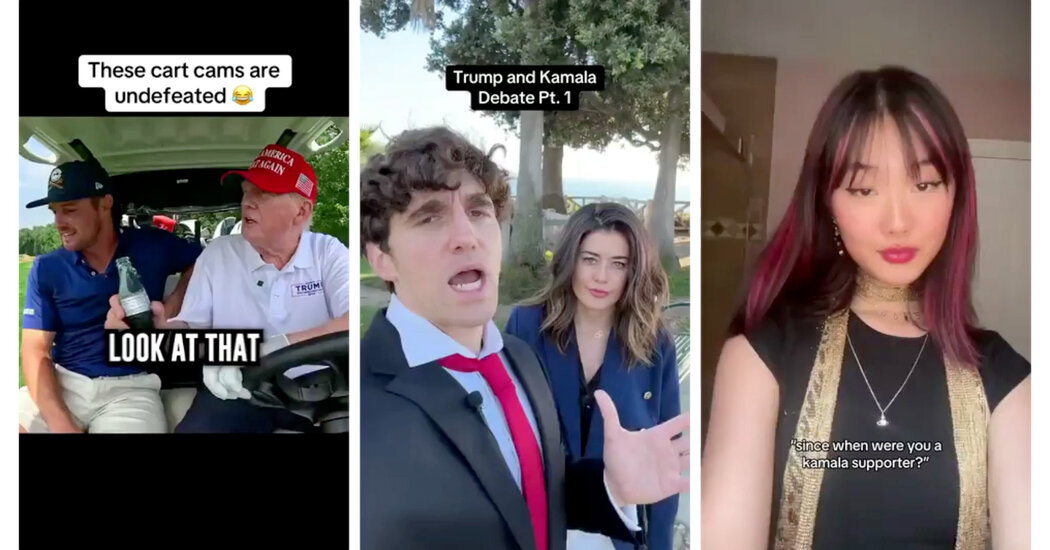A bill that would force a sale of TikTok by its Chinese owner, ByteDance — or ban it outright — was passed by the Senate on Tuesday and signed into law Wednesday by President Biden.
Now the process is likely to get even more complicated.
Congress passed the measure citing national security concerns because of TikTok’s Chinese ties. Both lawmakers and security experts have said there are risks that the Chinese government could lean on ByteDance for access to sensitive data belonging to its 170 million U.S. users or to spread propaganda.
The law would allow TikTok to continue to operate in the United States if ByteDance sold it within 270 days, or about nine months, a time frame that the president could extend to a year.
The measure is likely to face legal challenges, as well as possible resistance from Beijing, which could block the sale or export of the technology. It’s also unclear who has the resources to buy TikTok, since it will carry a hefty price tag.
The issue could take months or even years to settle, during which the app would probably continue to function for U.S. consumers.
“It’s going to be a royal mess,” said Anupam Chander, a visiting scholar at the Institute for Rebooting Social Media at Harvard and an expert on the global regulation of new technologies.
TikTok pledged to challenge the law. “Rest assured, we aren’t going anywhere,” its chief executive, Shou Chew, said in a video posted to the platform. “We are confident, and we will keep fighting for your rights in the courts.”
Here’s what to expect next.
TikTok’s Day in Court
TikTok is likely to start by challenging the measure in the courts.
“I think that’s the one certainty: There will be litigation,” said Jeff Kosseff, an associate professor of cybersecurity law at the Naval Academy.
TikTok’s case will probably lean on the First Amendment, legal experts said. The company is expected to argue that a forced sale could violate its users’ free speech rights because a new owner could change the app’s content policies and reshape what users are able to freely share on the platform.
“Thankfully, we have a Constitution in this country, and people’s First Amendment rights are very important,” Michael Beckerman, TikTok’s vice president of public policy, said in an interview with a creator on the platform last week. “We’ll continue to fight for you and all the other users on TikTok.”
Other groups, like the American Civil Liberties Union, which has been a vocal opponent of the bill, may also join the legal fight. A spokeswoman for the A.C.L.U. said on Tuesday that the group was still weighing its role in potential litigation challenging the law.
The government will probably need to make a strong case that ByteDance’s ownership of TikTok makes it necessary to limit speech because of national security concerns, the legal experts said.
TikTok already has a strong record in similar First Amendment battles. When he was president, Donald J. Trump tried to force a sale or ban of the app in 2020, but federal judges blocked the effort because it would have had the effect of shutting down a “platform for expressive activity.” Montana tried to ban TikTok in the state last year because of the app’s Chinese ownership, but a different federal judge ruled against the state law for similar reasons.
Only one narrower TikTok restriction has survived a court challenge. The governor of Texas announced a ban of the app on state government devices and networks in 2022 because of its Chinese ownership and related data privacy concerns. Professors at public universities challenged the ban in court last year, saying it blocked them from doing research on the app. A federal judge upheld the state ban in December, finding it was a “reasonable restriction” in light of Texas’ concerns and the narrow scope affecting only state employees.
Small Buyer Pool
Analysts estimate that the price for the U.S. portion of TikTok could be tens of billions of dollars.
ByteDance itself is one of the world’s most valuable start-ups, with an estimated worth of $225 billion, according to CB Insights, a firm that tracks venture capital and start-ups.
The steep price tag would limit the list of who could afford TikTok. Tech giants like Meta or Google would probably be blocked from an acquisition because of antitrust concerns.
Private equity firms or other investors could form a group to raise enough money to buy TikTok. Former Treasury Secretary Steven Mnuchin said in March that he wanted to build such a group. And anyone who can pony up the money still has to pass muster with the U.S. government, which needs to sign off on any purchase.
Few others have expressed public interest in buying the app.
The last time the government tried to force ByteDance to sell TikTok in 2020, the company held talks with Microsoft and the software company Oracle. (Oracle and Walmart ultimately appeared to reach an agreement with ByteDance, but the deal never materialized.)
A Complicated Divestment
Even if TikTok approaches a sale, the process of separating TikTok from ByteDance is likely to be messy.
The legislation prohibits any connection between ByteDance and TikTok after a sale. Yet TikTok employees use ByteDance software in their communications, and the company’s employees are global, with executives in Singapore, Dublin, Los Angeles and Mountain View, Calif.
It’s unclear if ByteDance would consider selling TikTok’s entire global footprint or just its U.S. operations, where the company has nearly 7,000 employees.
Breaking off just the U.S. portion of TikTok could prove particularly challenging. The app’s recommendation algorithm, which figures out what users like and serves up content, is key to the success of the app. But Chinese engineers work on that algorithm, which ByteDance owns.
During Mr. Trump’s attempt to force a sale in 2020, the Chinese government issued export restrictions that appeared to require its regulators to grant permission before ByteDance algorithms could be sold or licensed to outsiders.
The uncertainty around the export of the algorithm and other ByteDance technology could also deter interested buyers.
China’s Unpredictable Role
The Chinese government could also try to block a TikTok sale.
Chinese officials criticized a similar bill after the House passed it in March, although they have not yet said whether they would block a divestment. About a year ago, China’s commerce ministry said it would “firmly oppose” a sale of the app by ByteDance.
Chinese export regulations appear to cover TikTok’s content recommendation algorithm, giving Beijing a say in whether ByteDance could sell or license the app’s most valuable feature.
It “is not a foregone conclusion by any means” that China will allow a sale, said Lindsay Gorman, a senior fellow at the German Marshall Fund who specializes in emerging tech and China.
China may retaliate against American companies. On Friday, China’s Cyberspace Administration asked Apple to remove Meta’s WhatsApp and Threads from its App Store, according to the iPhone manufacturer. The Chinese government cited national security reasons in making the demand.







